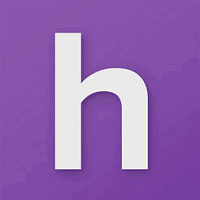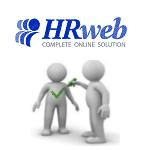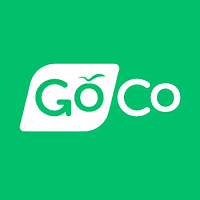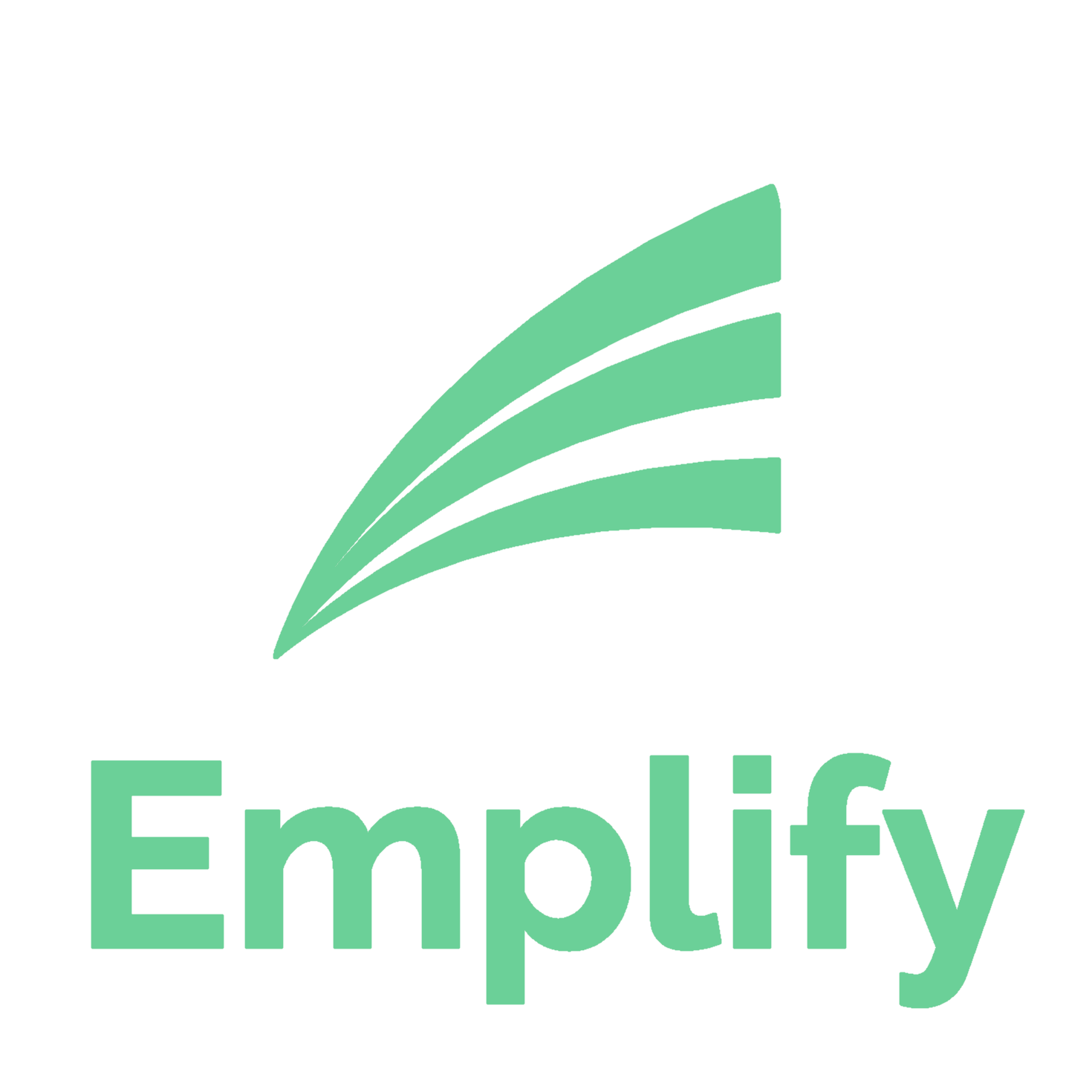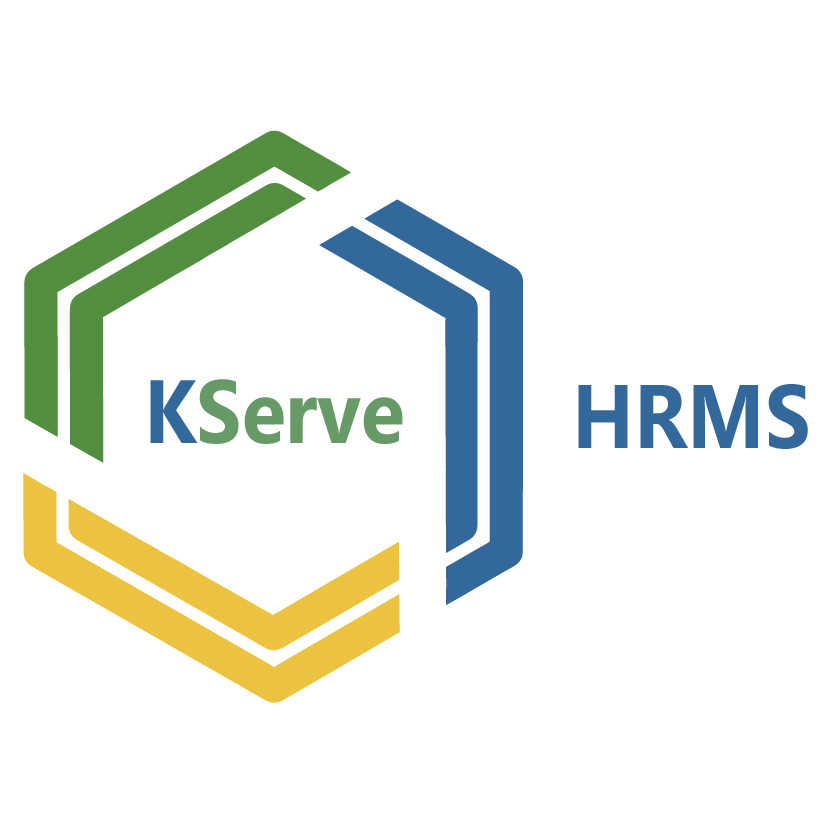Description

Access PeopleHR

eArcu
Comprehensive Overview: Access PeopleHR vs eArcu
Access PeopleHR and eArcu are part of The Access Group's suite of human resources (HR) solutions, designed to streamline and optimize HR processes for organizations. Below is a comprehensive overview of each, addressing the specified points:
a) Primary Functions and Target Markets
Access PeopleHR:
-
Primary Functions:
- Core HR Features: These include employee management, absence management, performance management, and employee self-service.
- Recruitment: Tools to manage the recruitment process, from creating job postings to onboarding new hires.
- Payroll Integration: While it may require integration with other tools, it supports process automation related to payroll.
- Analytics and Reporting: Provides detailed HR analytics and reporting capabilities.
-
Target Markets:
- Primarily aimed at small to medium-sized enterprises (SMEs) looking for a cost-effective, user-friendly HR management solution.
- Industries: PeopleHR is versatile and can be used across various sectors such as healthcare, retail, education, and more.
eArcu:
-
Primary Functions:
- Recruitment and Applicant Tracking System (ATS): Focuses on recruitment and talent acquisition with features like job posting, candidate management, and onboarding.
- Engagement Tools: Enhances candidate experience through interactive and engaging recruitment processes.
- Talent Analytics: Offers insights into recruitment metrics and performance.
-
Target Markets:
- Geared towards medium to large enterprises that require sophisticated recruitment and applicant tracking capabilities.
- Used extensively in sectors where talent acquisition is a high priority, such as technology, finance, and professional services.
b) Market Share and User Base
Assessing exact market share and user base information for these platforms can be challenging due to the lack of publicly available data. However, some general observations can be made:
- Access PeopleHR tends to have a more extensive reach within the small to medium-sized business segment, which contributes to a larger user base by number but not necessarily the market share in terms of revenue compared to high-end systems.
- eArcu, focusing on talent acquisition and larger organizations, might have a smaller user base by number of organizations but a substantial market presence within enterprise recruitment due to its specialized features.
c) Key Differentiating Factors
Access PeopleHR:
- Simplicity and Ease of Use: Known for its intuitive interface, making it accessible even for businesses without a dedicated HR team.
- Comprehensive HR Suite: Offers a range of functionalities besides recruitment, which is a significant advantage for companies seeking an all-in-one HR solution.
- Cost-Effective: Often seen as a more budget-friendly option for SMEs.
eArcu:
- Advanced Recruitment Features: Specializes in recruitment, offering a robust ATS and innovative candidate engagement tools.
- Customization and Flexibility: Provides more customizable workflows and processes tailored to the recruitment needs of larger organizations.
- Integration with Other HR Systems: While it focuses on recruitment, it can integrate smoothly with other HR systems to provide a seamless experience.
In summary, while both Access PeopleHR and eArcu offer powerful HR solutions, they cater to different needs and markets. PeopleHR is ideal for SMEs seeking a straightforward HR management system, while eArcu excels in sophisticated recruitment processes for larger enterprises. When choosing between them, organizations should consider their specific HR needs, company size, and budget.
Contact Info

Year founded :
2012
+44 1427 872110
Not Available
United Kingdom
http://www.linkedin.com/company/peoplehr-apps

Year founded :
2009
+44 800 085 0340
Not Available
United Kingdom
http://www.linkedin.com/company/earcu
Feature Similarity Breakdown: Access PeopleHR, eArcu
When comparing Access PeopleHR and eArcu, both of which are platforms designed for HR management and recruitment, it's important to consider their core functionalities, user interface designs, and any unique features they might offer. Here's a breakdown based on available information:
a) Core Features in Common
-
Applicant Tracking System (ATS): Both platforms offer robust ATS features designed to streamline the recruitment process from job posting to hiring decisions.
-
Onboarding: They provide onboarding features that help manage new employee integration, document collection, and initial training setups.
-
Employee Management: Basic employee management tools, including tracking employee data, leave management, and performance evaluations, are available on both platforms.
-
Reporting and Analytics: Both systems offer reporting tools that help HR teams analyze and visualize key metrics related to recruitment and employee management.
-
Compliance Management: Features to ensure hiring and onboarding processes comply with relevant employment laws and regulations.
-
Integration Capabilities: Both offer integration options with other HR systems and third-party tools to enhance their utility within an enterprise infrastructure.
b) User Interface Comparison
-
Access PeopleHR: Known for its user-friendly interface that simplifies HR tasks. It typically involves a clean, minimalistic design with intuitive navigation, allowing users to quickly access different modules like recruitment, performance, and employee records. Its dashboard is usually organized to provide quick insights and actions.
-
eArcu: eArcu is often praised for its modern and customizable interface that can be tailored to fit specific branding needs. It may feature a more visually engaging design, focusing on enhancing the recruitment experience for both candidates and HR professionals. Its emphasis is on an immersive user experience, often with interactive elements.
c) Unique Features
-
Access PeopleHR:
- 4D HR: A unique feature where the system provides actionable insights using data analytics to inform HR strategies.
- Mobile App: PeopleHR offers a well-regarded mobile application, which allows managers and employees to perform essential HR tasks on the go.
- Pulse Surveys: These help organizations gather continuous employee feedback, which can be useful for maintaining engagement.
-
eArcu:
- Recruitment Marketing: eArcu stands out with strong recruitment marketing tools, including career site builders and engagement tools aimed at attracting candidates.
- Candidate Experience Enhancements: Features designed to enhance the candidate experience throughout the recruitment process, such as interactive video interviewing and branded candidate portals.
- Talent Pool Management: eArcu offers advanced talent pool features for nurturing and engaging potential candidates beyond current openings.
Each platform has its strengths, with Access PeopleHR often appealing to companies looking for comprehensive HR management features, while eArcu is particularly strong in recruitment-focused environments with a significant emphasis on candidate experience and engagement. Organizations should assess their specific needs against these features to determine which solution aligns better with their operational goals and workforce strategies.
Features

Reporting & Analytics
Employee Management
Recruitment
Employee Self-Service
Performance Management

Analytics and Reporting
Applicant Tracking System
Candidate Experience Management
Interview Scheduling
Best Fit Use Cases: Access PeopleHR, eArcu
Access PeopleHR
a) Best Fit Use Cases:
Access PeopleHR is best suited for small to medium-sized businesses (SMBs) that are looking for a straightforward, cost-effective human resources management solution. Its features are designed to streamline HR tasks, such as employee data management, leave tracking, performance management, and recruitment. For companies that do not have a large, dedicated HR staff, PeopleHR offers an easy-to-use platform that handles HR essentials without requiring extensive customization or IT support.
Industry Verticals and Company Sizes:
- Industry Verticals: Retail, hospitality, healthcare, and education, where efficient HR processes are needed without substantial infrastructure investment.
- Company Sizes: Typically ideal for businesses with around 50 to 500 employees, enabling them to manage their HR processes effectively and improve HR service delivery.
eArcu
b) Preferred Use Cases:
eArcu is particularly well-suited for larger organizations or businesses that have complex recruitment needs and require a more comprehensive talent acquisition platform. It focuses on providing a full recruitment management system with advanced features like candidate relationship management, onboarding, talent pooling, and detailed analytics. Companies looking for an end-to-end recruitment solution that enhances candidate experience and supports strategic hiring decisions may find eArcu preferable.
Industry Verticals and Company Sizes:
- Industry Verticals: Technology, finance, pharmaceuticals, and other sectors where attracting and onboarding highly skilled talent is critical, and the recruitment process is a competitive advantage.
- Company Sizes: Large companies or enterprises, often with 500+ employees, benefiting from a system that supports advanced recruitment functionalities and workflow automation.
Catering to Different Industry Verticals or Company Sizes:
-
Access PeopleHR caters well to industries and businesses that need core HR management functionalities with limited budgets and IT infrastructure. Its simplicity and straightforward feature set make it practical for smaller-scale operations where extensive HR capacity is not critical.
-
eArcu is tailored for organizations where human capital is a significant strategic asset, requiring a robust solution to attract, manage, and onboard top-tier talent effectively. Its flexibility and range of features serve complex recruitment processes typically found in larger businesses.
Both products offer scalability, meaning businesses can adjust their usage and functionalities as they grow, but they cater to distinctly different business needs and operational scales. Access PeopleHR thrives in environments needing streamlined HR basics, while eArcu excels in settings where comprehensive recruitment management boosts business success.
Pricing

Pricing Not Available

Pricing Not Available
Metrics History
Metrics History
Comparing teamSize across companies
Conclusion & Final Verdict: Access PeopleHR vs eArcu
To arrive at a conclusion and final verdict for Access PeopleHR and eArcu, we'll assess their overall value, highlight their pros and cons, and offer specific recommendations for users trying to decide between the two.
Conclusion and Final Verdict
a) Best Overall Value:
The best overall value between Access PeopleHR and eArcu largely depends on the specific needs and priorities of the organization. However, if we focus solely on comprehensive usability and accessibility, Access PeopleHR often provides a slightly better overall value for small to medium-sized enterprises looking for an intuitive, all-in-one HR management solution. eArcu, on the other hand, is well-suited for companies that prioritize advanced recruitment capabilities and are seeking an applicant tracking system with sophisticated features.
b) Pros and Cons:
Access PeopleHR:
Pros:
- User-Friendly Interface: The platform is designed with simplicity in mind, making it accessible for HR teams with varying levels of tech expertise.
- Comprehensive HR Features: Offers a wide range of HR functionalities including absence management, performance reviews, and payroll integration.
- Scalability: Suitable for growing businesses, with features that can accommodate expanding HR needs.
- Community and Support: Strong support network and plenty of online resources for troubleshooting and learning.
Cons:
- Customization Limitations: While it offers a comprehensive suite of tools, some users find that customization options are limited compared to more specialized software.
- Advanced Features: Lacks some of the advanced recruitment and onboarding features present in dedicated applicant tracking systems.
eArcu:
Pros:
- Advanced Recruitment and ATS Features: Tailored for recruitment, offering modules such as talent assessment, onboarding tools, and video interviewing capabilities.
- Customizable Workflows: Highly configurable to fit specific recruitment processes and candidate experiences.
- Engagement Tools: Aimed at enhancing the candidate experience with interactive and engaging elements.
Cons:
- Complexity: The feature-rich interface may have a steeper learning curve, especially for HR teams not solely focused on recruitment.
- Additional Costs: Advanced features could lead to additional costs, especially for smaller organizations or those not maximizing all capabilities.
c) Recommendations:
-
Assess Your Needs:
- If your primary requirement is a scalable HR management system that covers a wide spectrum of HR needs with ease of use and doesn’t require extensive recruitment functionalities, Access PeopleHR could be the preferred choice.
- If your organization places a strong emphasis on the recruitment and onboarding process and needs an advanced, customizable ATS with engagement-focused features, eArcu should be considered.
-
Trial and Evaluation:
- It's crucial for organizations to engage in a demo or trial period for both platforms. This experience will help HR teams understand the usability, features, and how each solution aligns with their workflows.
-
Budget Considerations:
- Weigh the cost against the feature offerings. Organizations with a smaller budget but broader HR needs may find Access PeopleHR more financially viable, while those with a dedicated recruitment focus might justify the higher investment in eArcu.
-
Support and Training:
- Consider the level of training and support you may need. Access PeopleHR might offer more straightforward implementation, while eArcu could require additional training to fully leverage its advanced features.
Ultimately, users should make a decision based on their specific business requirements, the complexity of their HR processes, and the level of support they need. This thoughtful evaluation will ensure that the chosen platform aligns with organizational goals while providing the best value.
Add to compare
Add similar companies
